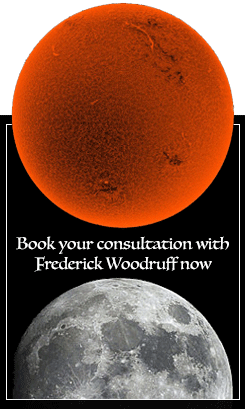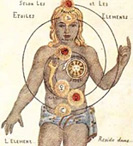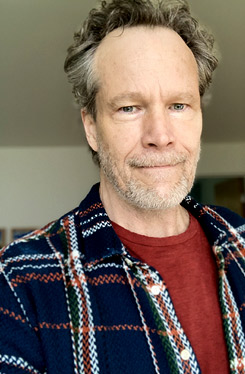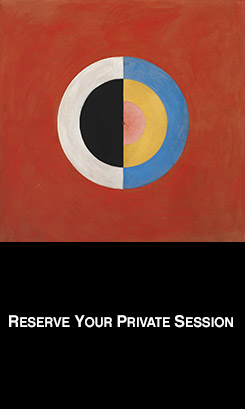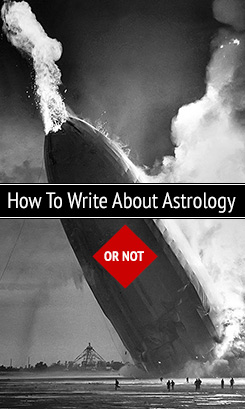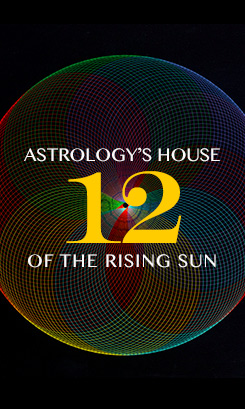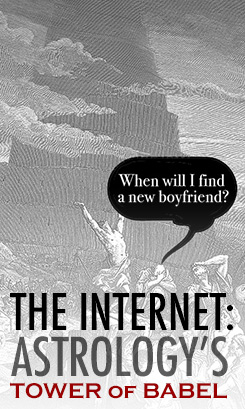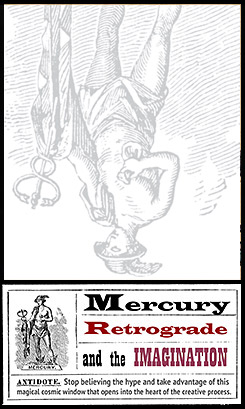Your Original Face & the Night
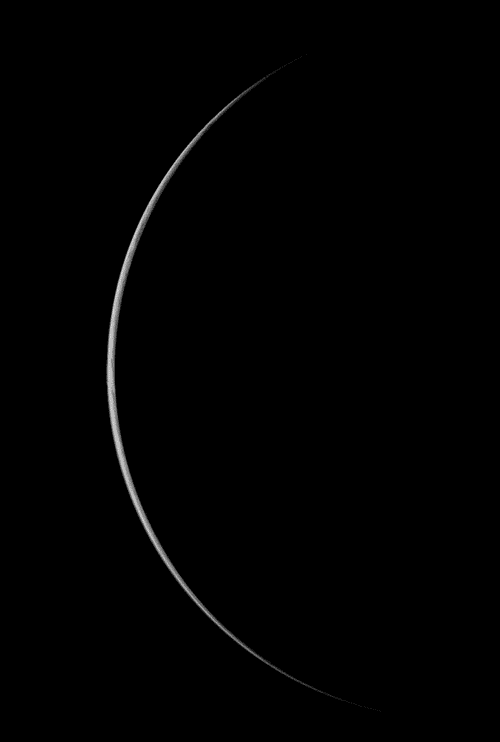
Living in the Pacific Northwest affords you lots of opportunities to stare directly at the Sun.
That reads weird, but since childhood we’re told never to stare at the Sun because we’ll go blind or insane. So when the opportunity to stare arrives one should take it.
This childhood proscription felt doubly true when I lived in Hawai’i because there was so much Sun. Too much Sun after awhile — and so I moved to Seattle to stare.
I was looking at the Sun the other day because the conditions were ideal here on the island. A gritty fog was dispersing off of the harbor, overshadowed by a bowl of overcast –Â a spread of grey punctuated by a bright white smudgy ball; a stealthy Sun at high noon.
Staring was startling because it reminded me of something I don’t think about that often, but when I do think about it I get an in-the-bones sense of living on a ball that is floating around in the endless blackness of space.
The cycle of night/day, night/day, night/day fashions reality into a false division that night and day are equal. But really day is just a gift of a sliver of a twelve-hour moment. All else is nightness.
And when I have that sensation I’m reminded of what I felt like as a kid with my mom and dad and how tethered I was to them, always in orbit around their presences. Much like the Earth is with the Sun. And the Moon with the Earth. People, stars, planets and moons. Unions comprise cosmoses — small and personal or immense and seemingly impersonal.
In that same cloud light the other day, staring at the Sun’s nimbus, I also recalled a passage from A.H. Almaas‘s last book in his Diamond Heart series. It’s called Inexhaustible Mystery. He wrote a chapter titled Beyond Consciousness (one of those chapters that is worth the price of the entire book). And in this chapter is a poem he wrote called The Guest Only Arrives at Night.
The Guest of course is the Beloved, which is really you without an identity that is based on a relationship to a mother and a father. Imagine that.
From one facet of reality, yes, we all have mothers and fathers and the kind of psychology of self that is forged by those two central relationships and our history that we drag around like a ball and chain (another sort of orbiting arrangement).
But then from another facet of reality there are no mothers or fathers or children. There are beings that are comprised of the same singularity, a singularity that isn’t based on time or birth or death or cycles or orbits of any kind.
This would be where one locates his or her original face, the one that’s mentioned in the old koan from the Platform Sutra:
When you’re not thinking of anything good and anything bad, at that moment, what is your original face?
Which then transformed into this koan:
What did your face look like before your parents were born?
Right?
Almaas continues on this night and day theme in the mentioned chapter. And I’ll close this entry with his thoughts:
“Astronomically speaking, the night is first, prior to the day. The night is the fundamental condition of the universe. The day comes and goes, as a periodic interlude in the limitlessness of the night. There is day only when the earth is facing the sun; otherwise, we are facing the immensity and endlessness of the night.
Cosmically speaking, we can say that the night is before creation, before there is anything. In theological language, we say that the night is before the Word.
Another way of saying it is that the night is before the big bang, before anything was. This emptiness and darkness of night continue, then, as the fundamental ground of the universe, interspersed with clips of light that make day possible.
Experientially speaking, we normally live in the day, the world of light, perception, events, the world of experience. However, even though it is normal to live in the world of the day, there can be no absolute peace and rest there, for peace is the realm of the night.
Day means there is light; when there is light we see all kinds of things. There is experience and the consequences of experience, with all of its pleasures and pains. But the night is the place and time of rest, deep peace, and stillness.
We are not implying that the day is bad…We are not supposed to have night always or day always. We would be very tired if there were only daytime. We’d have no life if it were always nighttime. In the true night of reality, there is nothing; nothing happens.”
